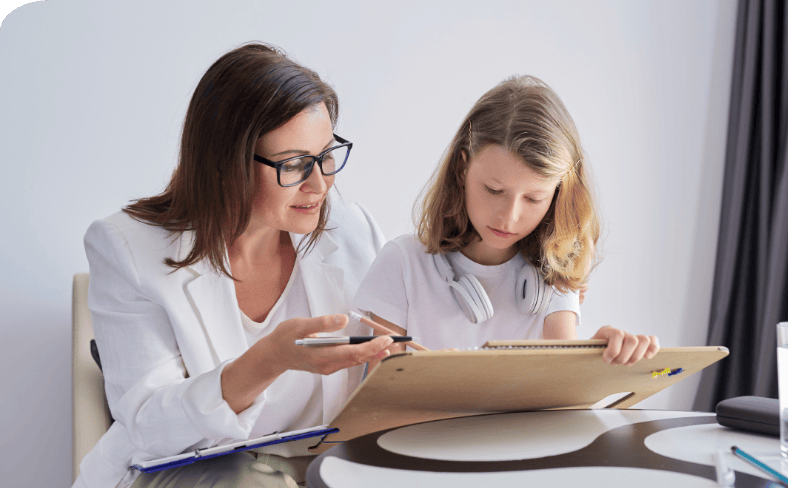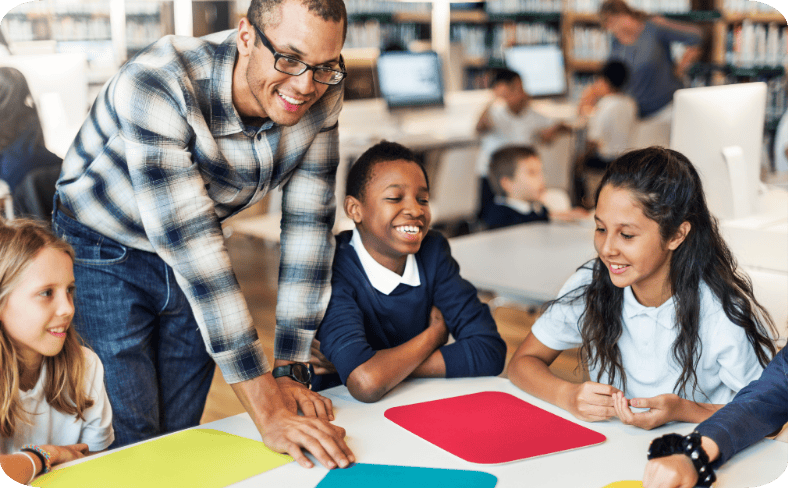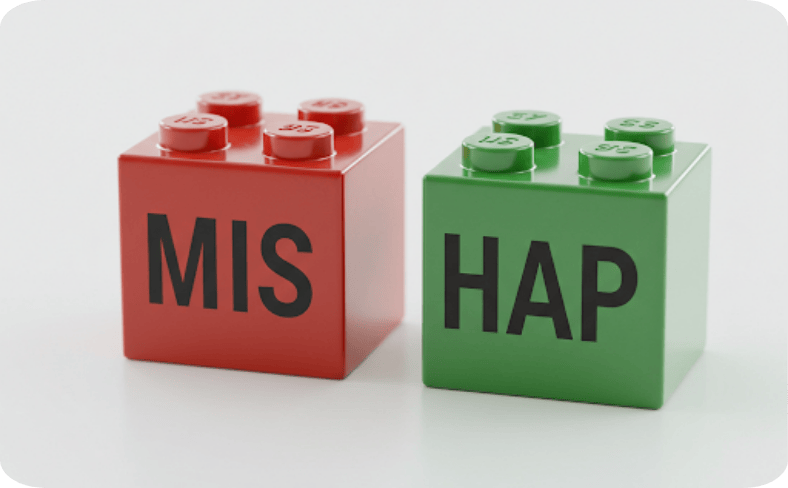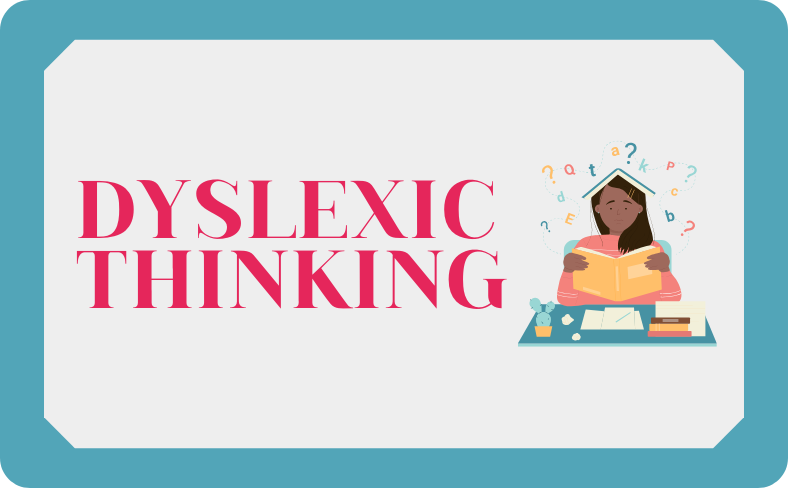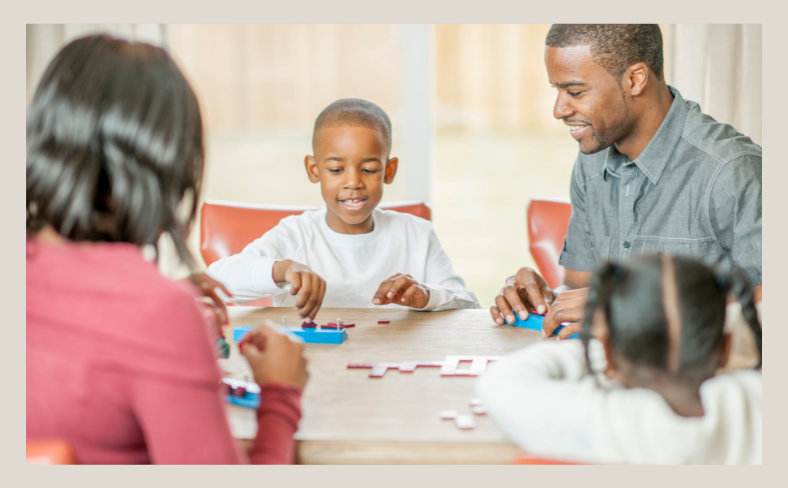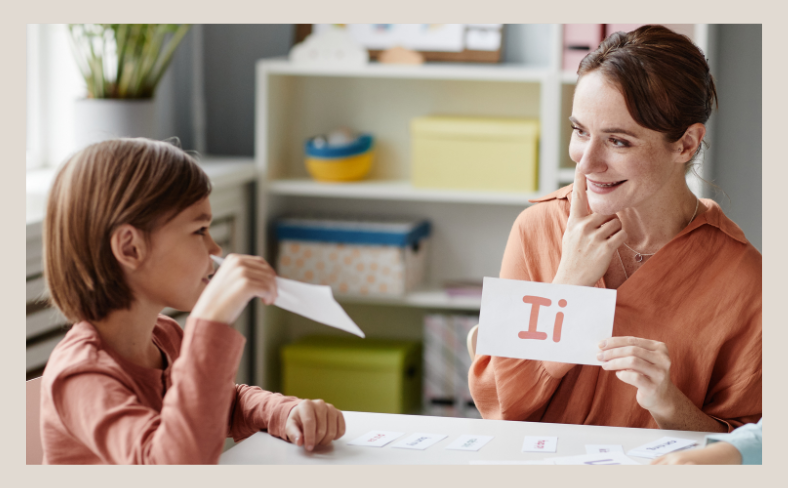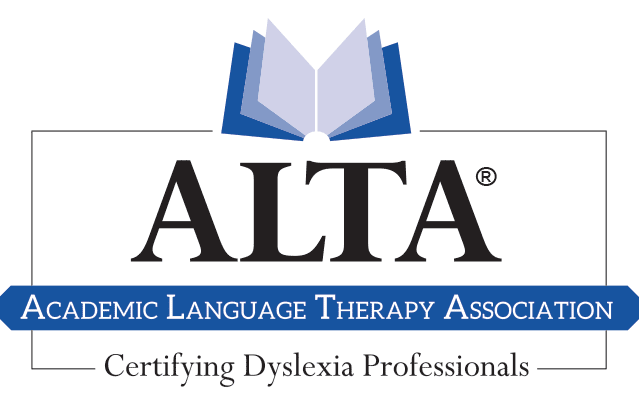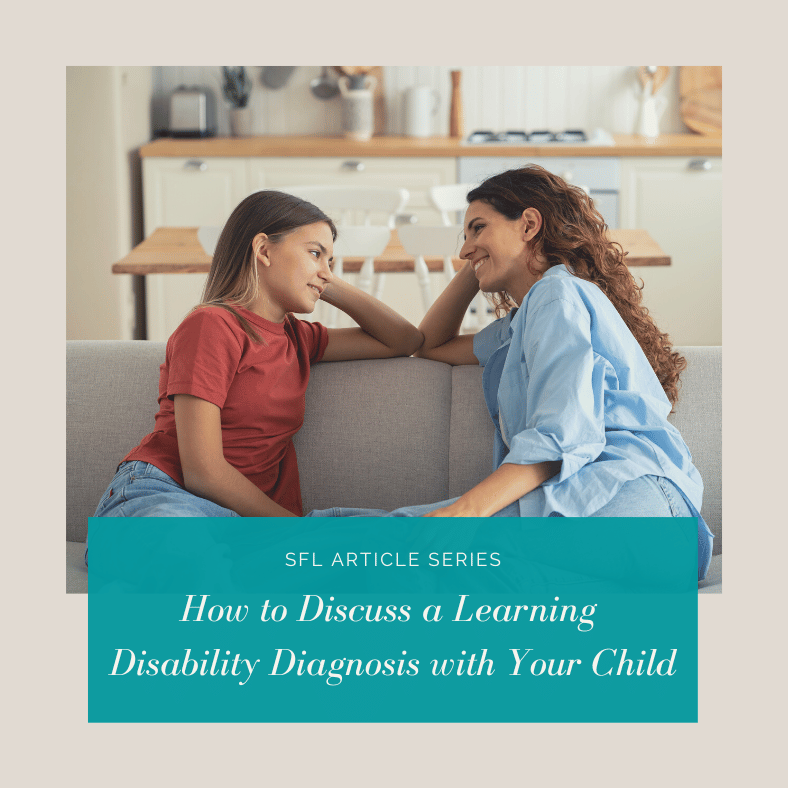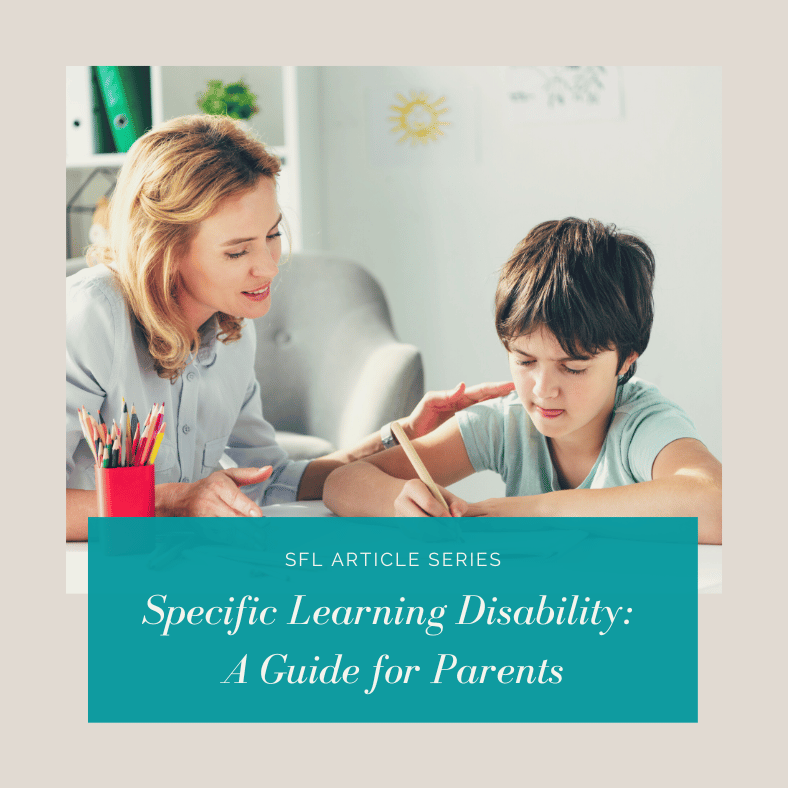No products in the cart.
What to Look for in a Great Summer Reading Program
A summer reading program can be a valuable way to support your child’s reading and writing development, especially if they have struggled in the past with language skills.
Why Student Choice Matters
Opportunities for student choice can lead to more engaged, motivated, and confident learners even within a structured learning environment.
What to Do If Your Child Is Behind in Reading
What if your child’s teacher says they’re behind in reading? It’s natural to feel overwhelmed and unsure where to start. How far behind are they? Will they struggle long term? Have I done something wrong?
Morphology: Building Strong Readers, One Word Part at a Time
Morphology is a key part of how kids learn to read and write, and it's simpler than it sounds! So, what is it, and why should we care?
What is Dyslexic Thinking (Infographic)
"Dyslexic thinking" describes how individuals with dyslexia often approach problem-solving and learning through pattern recognition, creative thinking, spatial awareness, and strong communication skills.
Word Games for Kids to Boost Literacy Skills
Here are some popular word games for kids that turn learning into an enjoyable experience, while boosting literacy skills!
What is Reading Therapy
Reading therapy is a research-based approach to literacy instruction. It is also known as structured literacy instruction or Orton-Gillingham tutoring.
What is ALTA Certification? (Academic Language Therapists and Practitioners)
ALTA-Certified Academic Language Therapists (CALTs) and Certified Academic Language Practitioners (CALPs) make a significant difference in the lives of students with language disabilities, such as dyslexia.
How to Discuss a Learning Disability Diagnosis with Your Child
A learning disability diagnosis can be a challenging experience for parents and students alike but there are many effective ways to talk to your child about their diagnosis.
Specific Learning Disability: A Guide for Parents
For students grappling with executive function challenges, the process of setting and achieving goals can present unique obstacles.
Blog Posts
- Anxiety and Stress (18)
- Assessments (6)
- Attention and ADHD (38)
- College Readiness (13)
- Dyscalculia (13)
- Dyslexia (20)
- Educational Therapy (29)
- Executive Function (60)
- IEP and 504 Plans (24)
- Interviews (9)
- Literacy & Reading (33)
- Math (23)
- News & Events (28)
- Written Expression (9)
Strategies for Learning, Inc.
3645 Grand Ave. Suite 101
Oakland, CA 94610
510-900-3889

